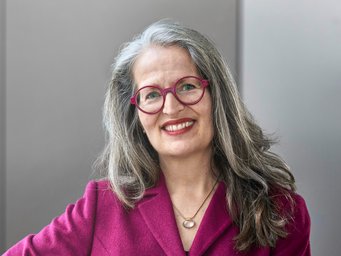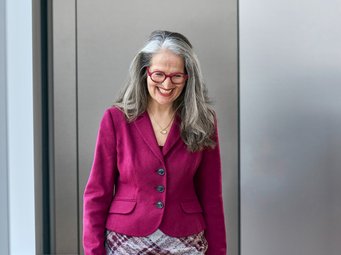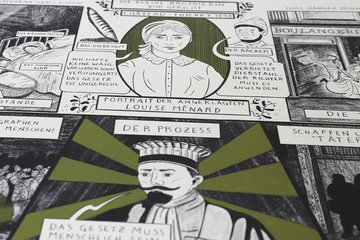Anne Röthel – New Director at the Institute
With the start of 2024, Anne Röthel assumes the position of Director at the Max Planck Institute for Comparative and International Private Law, succeeding Reinhard Zimmermann, who retired in 2022. The internationally renowned legal scholar comes to the Institute after previously having held the Chair of Civil Law, European and International Civil Law at Bucerius Law School.
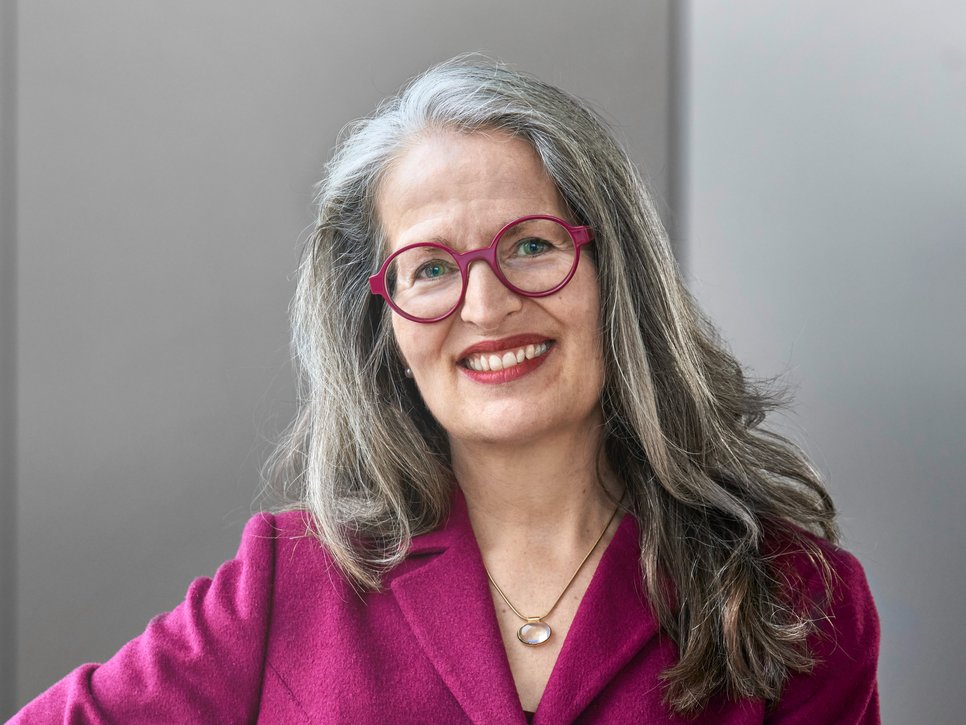
Prof. Dr. Anne Röthel studied law and political science at the University of Cologne and at the Université de Clermont-Ferrand. After being awarded her doctorate from the University of Trier, she earned her professorial qualification at the University Erlangen-Nürnberg based on her Habilitation thesis in the area of legal theory.
Since 2004 she has instructed and conducted research at Bucerius Law School, where she will remain affiliated as professor. Röthel was director of the Notarrechtliche Zentrum Familienunternehmen (Center for Family Businesses) at Bucerius Law School and headed the Interdisciplinary Legal Research Program. Since 2010 she has regularly served as guest professor at the Université de Paris II Panthéon-Assas. In 2014 she was the Lady Beaufort Visiting Fellow at Lady Margaret Hall, University of Oxford. Since becoming a professor, she has received and declined offers from the Universities of Zürich and Bochum.
“The appointment of Anne Röthel as new Institute Director is a true stroke of good fortune. We are delighted to welcome a highly respected scholar who, with her international and interdisciplinary research agenda in the field of family law, will forge new paths with her team,” said Holger Fleischer, Managing Director at the Institute.
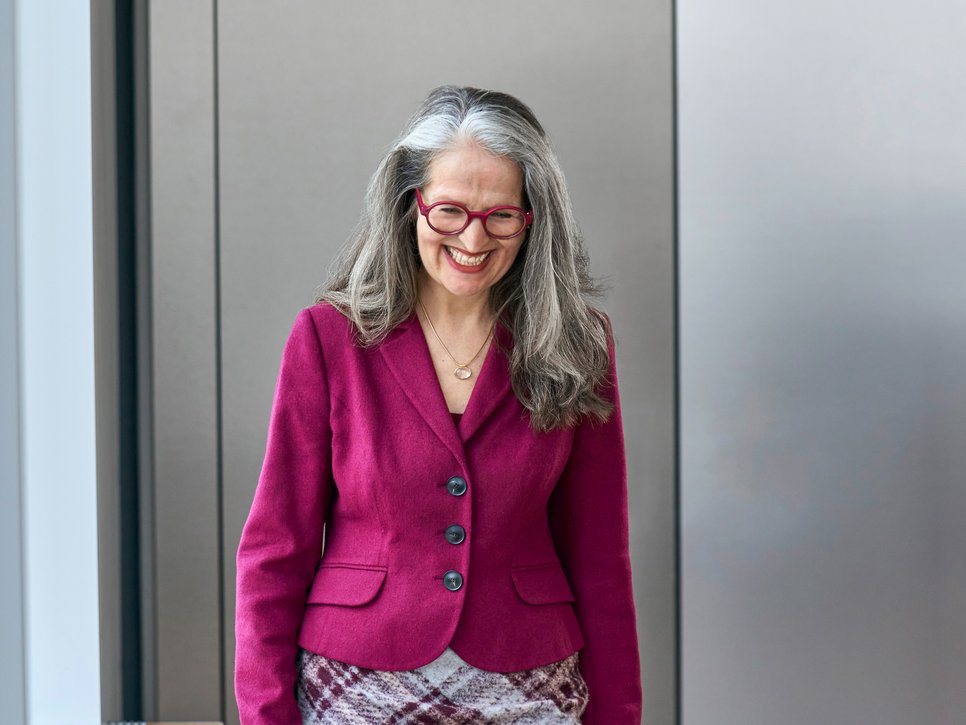
Her comparative and interdisciplinary research focuses primarily on questions arising in the areas of family law and the law of natural persons. She holds a special fascination and passion for topics that often seem unamenable to theoretical legal inquiry on account of their political and cultural dimensions. It is exactly these special qualities of family law that intrigue her: “In our private lives we are at the mercy of many circumstances beyond our control. We can choose neither our bodies nor our provenance. Corporeal existence and aging, family and descent- these are aspects of our lives that represent a common but not an equal destiny, and there is a fundamental tension between this reality and the liberal and egalitarian self-conception of western societies. I seek to explore the role that the law has in this dynamic,” says Röthel in describing her approach. “Precisely because so many complex forces are perpetually at work, I see it as a pressing challenge to identify the ‘mechanics’ of law in this field.”
In terms of other topics, Röthel’s research also focuses on the notion and significance of autonomy in law, the relationship between private law and public law, and the benefits of interdisciplinarity for legal scholarship and legal education. Her most recent research addresses current debates on emancipation and explores the dogmatics and discourse relating to bodily self-determination.
Images: © Max Planck Institute for Comparative and International Private Law / Patrice Lange
